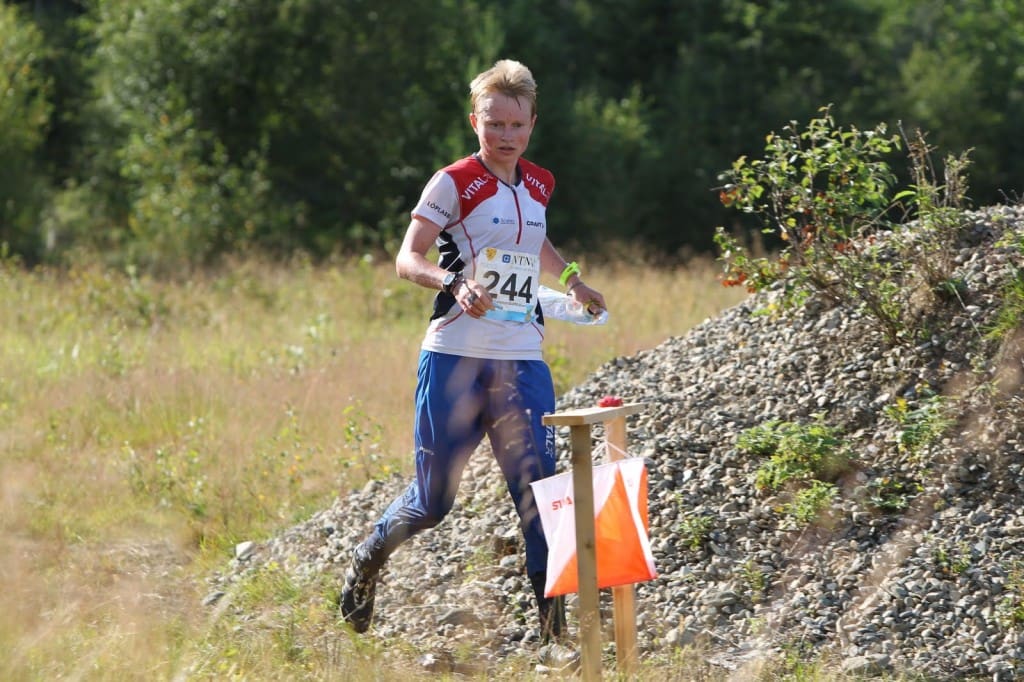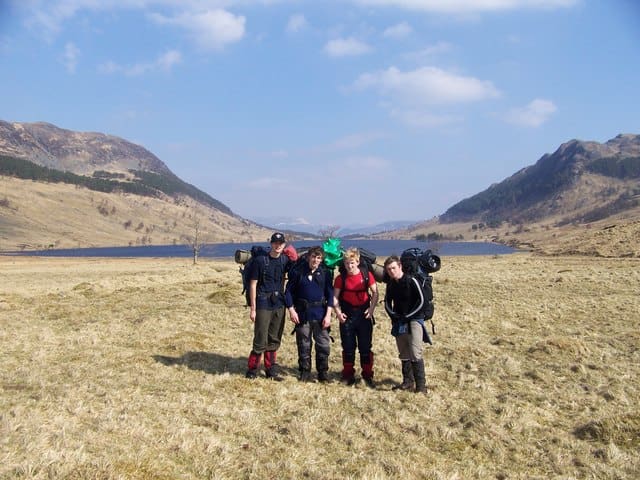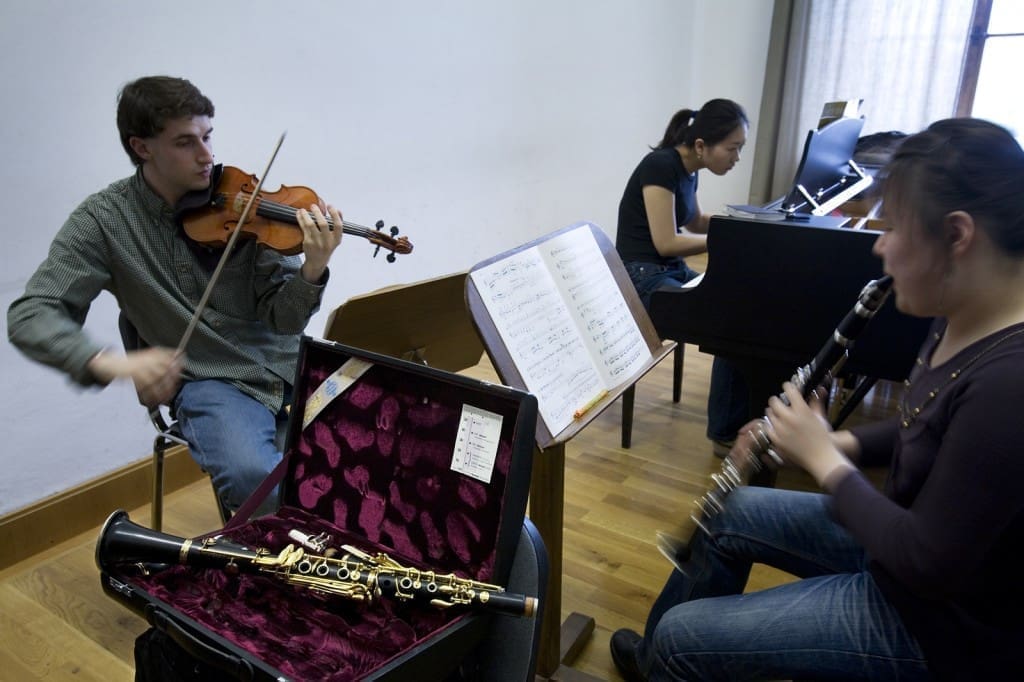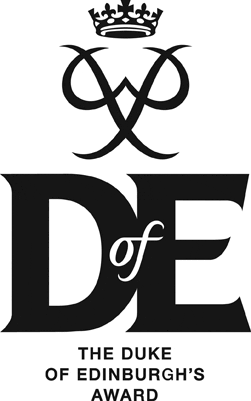Two words guaranteed to send a flutter of fear through the heart of any 17 or 18-year-old contemplating their next life stage: “Personal” and “Statement.”
Utter the mere words and watch your children hug the wall in fright, retreat back towards darkened bedrooms or shove their hands in their pockets, shuffle a bit and mumble something only they can hear.
But let’s show some sympathy here. Come on. In front of them lies a confusing ocean of choice: what course to do; what city to live in; whether to go where their friends go; whether to follow in the footsteps of their elder siblings; whether to go it alone; whether to go at all.
It’s not an easy call to make at any time, not least at that hormonally volatile age. Remember? Tough, wasn’t it?
One way to help condense and focus those thoughts and cut through the all the cloudiness that the murk of all this choice throws up is to think it all through via the writing of the UCAS personal statement.
By thinking of the Personal Statement a good deal in advance, and how you might help your child to connect their extra-curricular interests, achievements and hobbies with their academic pathway of choice, you can steal a march on all of the rest of the university applicants.
Karen Martin, from the Admissions & Student Recruitment Department at the University of Dundee, explains: “Remember that your Personal Statement is the only piece of written work we will see when selecting the best applicants.”
Pretty crucial, then.
None of this is of course a direct substitute for quality academic performance but, done well and properly, the Personal Statement is often the deciding factor between so many applications of equal weight.
Outlined at the outset on the Personal Statement, there need to be cast-iron reasons for why your child has chosen that particular subject, that university and why exactly they want to go to continue in Higher Education in general. This is the Personal Statement bread and butter.
But, the essentials aside, what other ingredients can you think about in advance that could help boost your child’s application and save you all a whole world of heartache at a later, more stressful date?
Volunteering
Charity work, voluntary social contributions or a part played in a fundraising campaign can demonstrate a nice variety of skills and personal qualities.
The nature of the contribution may be organisational – like setting up a raffle competition to raise money for an African orphanage, it may be physical – like walking 47 miles in 24 hours to raise awareness of Cancer research, or it may be just taking part – as in something like Children in Need, for example.
Key thing is – and this is going to be a running theme here – make whatever the project is have a useful connection with the subject to be studied. For example, contributing to a wildlife conservation project on a Gap Year is going to help with biology, zoology or natural sciences, or organising an auction event for a charity of your choice is going to help with Management, PR or Communications courses.
Find the link and play it up.
Work Experience
Making a clear and relevant connection also applies to holiday jobs or part-time work.
It’s definitely a good thing to have some “real world” experience but make sure the link with the course is pointed out. As such, a newspaper round, though laudable (I know, I lugged luminous orange bags bigger than my bike around every evening for two years), is not that relevant to an undergrad course in pharmacology, but a part-time job in a chemists would be.
Music Learning
Most children at some stage will pick up a musical instrument, whether it be a ukulele or a violin or a tuba, and many will take music lessons (some enforced (!) and some not…).
Obviously music learning is of intrinsic importance of those going to study directly music-related courses but there is also a great cross-over with the patterns of learning associated with languages, the reasoning and practice behind science and maths, as well as the dedication and self-motivation which are crucial to studying things like management or business. The key here is to think laterally. Music learning is a real goldmine of different skills which can be applied to many courses.
Outdoor Pursuits and Sports
Another way to show useful skills and abilities is via sporting successes, passions or outdoor pursuits.
This is doubly interesting for Personal Statement readers when there is a genuine qualification like a Duke of Edinburgh award involved. Integral to activities like these involve teamwork, communication, organisation, resilience and adaptability.
Direct connections to subjects like Sport Science stand out, but they can also be relevant to Geography, Management, Human Resources and other areas of science or medicine – physiology for example.
So, sneak ahead of the chasing pack and give yourself some time to think about these little tips well in advance of the writing of the Personal Statement so that you can give it the turbo boost your child deserves.




